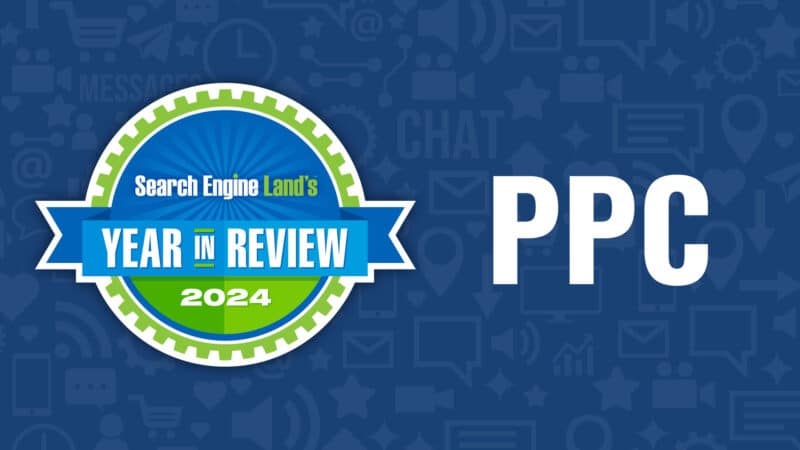
Significant Shifts in Digital Marketing: Google’s Evolving Landscape in 2024
As 2024 unfolds, the digital marketing landscape is undergoing significant transformations, primarily driven by Google’s strategic decisions amidst growing scrutiny and evolving practices. The insights and developments discussed reflect the current hurdles that advertisers and marketers face, as trust issues and financial shifts reshape advertising strategies.
One of the pivotal changes announced is the transition of high-spending advertisers from credit and debit card payments to bank-based payment methods, effective June 2024. This directive raises concerns regarding financial flexibility, amplifying frustrations within the advertising community. Such payment adjustments not only threaten cash flow management for companies but also highlight Google’s shift in policy that may further alienate its user base.
Adding to the turbulence is the discontinuation of Google Business Profile websites, which has left many brands scrambling to establish their presence on alternative platforms. This move emphasizes the need for brands to ensure robust, diversified online representation, particularly in an environment where digital visibility is imperative for customer engagement.
Moreover, trust in the Google ecosystem has seen a notable decline, primarily influenced by a detailed antitrust case brought forth by the Department of Justice. Advertisers have expressed concerns over perceived manipulatory practices and inadequate transparency, which could drive them to explore alternative advertising channels in search of reliability. As advertising expenditures on Google search ads increase, signs indicate that cost-per-click (CPC) growth may be stabilizing. This trend necessitates a reevaluation of budget allocations and strategic approaches among marketers.
Data breach incidents have further complicated the situation, illustrated by an August reporting glitch that exposed sensitive competitor information, hindering advertisers’ campaign efficacy. The robustness of data security and compliance remains an essential consideration for brands relying on digital platforms to maintain customer trust.
In the realm of analytics, the introduction of new dimensions in Google Analytics 4 (GA4) facilitates better user behavior tracking, offering deeper insights for data-driven decisions. Yet, discrepancies in reporting between GA4 and Google Ads have been troubling; however, the discovery of a hidden report now allows advertisers to reconcile these differences more efficiently.
Amid these challenges, Google is enhancing advertiser control over ad placements in its Search Partner Network, aiming for improved transparency. Additionally, the plans to phase out third-party cookies — initially set for 2024 — faced delays, and culminated in the decision to abandon outright deprecation, indicating an ongoing need for innovation in privacy-sensitive tracking methods.
For software developers focusing on digital marketing tools, integrating URL shorteners and link management solutions into marketing strategies becomes crucial. The need for effective link management, including the ability to create custom domains and track engagement through shortened URLs, cannot be overlooked. This functionality not only enhances campaign tracking but also contributes to improved user experience, as concise URLs are often more appealing in marketing communications.
In conclusion, as the digital marketing landscape adapts to these developments, strategies employed in 2024 will influence trends moving into 2025, particularly regarding the growing role of AI and further innovations in digital advertising. Marketers must remain agile and informed, ready to navigate the complexities introduced by significant platforms like Google.
Industry Hashtags: #BitIgniter #LinksGPT #UrlExpander #UrlShortener #DigitalMarketing #GoogleAds #MarketingTrends
By staying abreast of these developments, software developers, marketers, and advertisers can effectively tailor their strategies to align with the evolving expectations and technological shifts characteristic of this dynamic field.
Want to know more: link

